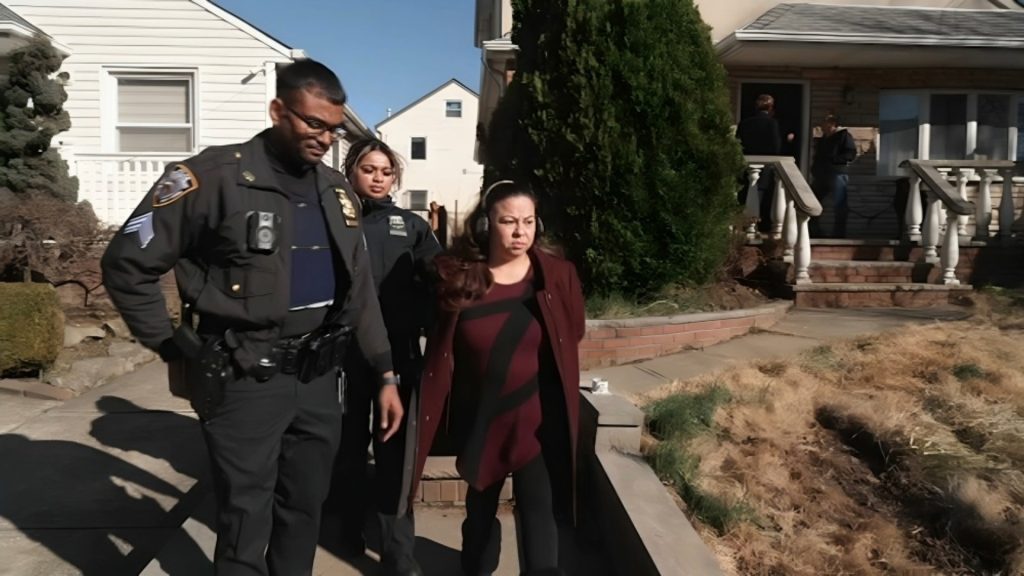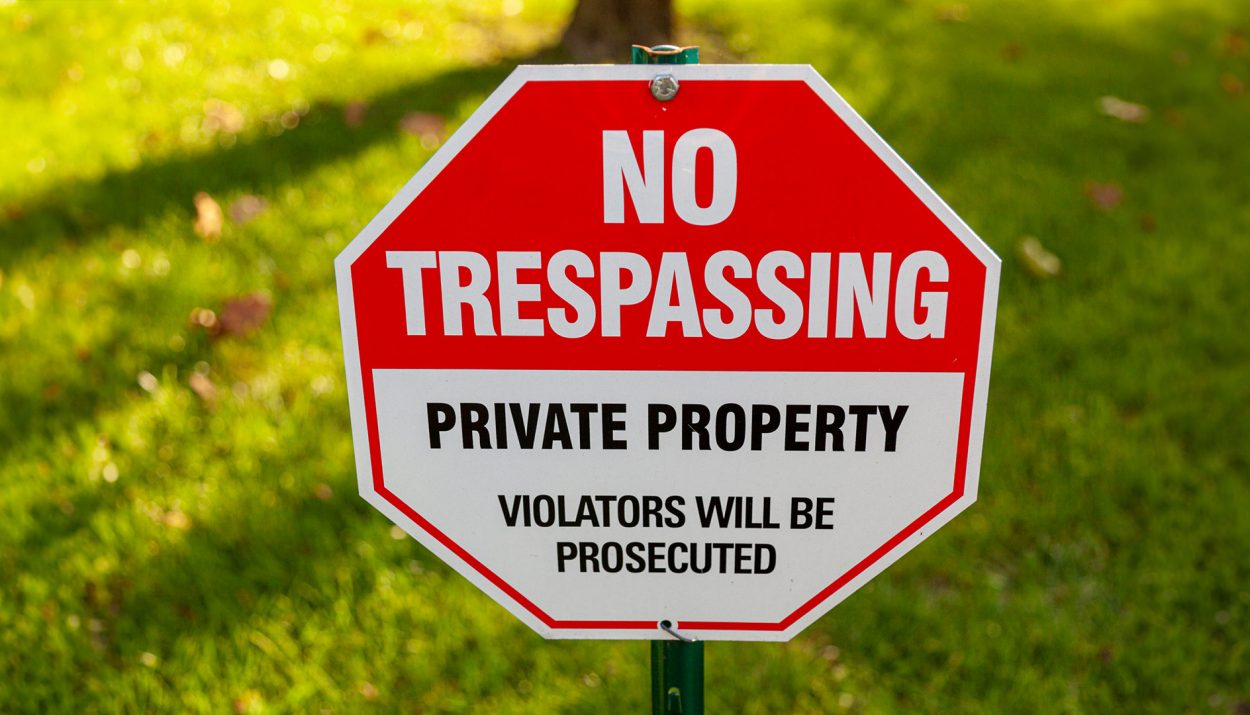Squatters can be a nasty surprise for property owners. Imagine leaving your home for a long trip only to find someone else living there legally when you return. It may sound far-fetched, but it’s a real risk in some states due to “squatters’ rights” laws.
These allow people staying on property they don’t own to eventually become the rightful owners after meeting certain conditions over several years. Tales of owners losing homes and land to crafty squatters highlight why this issue matters.
What Is Adverse Possession or Squatters’ Rights?
Squatters’ rights, also known as adverse possession, is a legal rule that allows someone occupying your land to claim ownership after a certain period. This strange rule stems from old laws aimed at discouraging abandoned properties. However, it has caused issues for many property owners.

The period and specific rules vary in different states and countries. Typically, the squatter must occupy the land exclusively, openly, and continuously for 5 to 30 years before they can make a claim.
California
California has some of the country’s most notorious squatter’s rights laws. If someone lives on your property in California for five years and pays the property taxes, they can claim ownership. If you don’t check on your property regularly, you might return to find someone else living there legally.

Stories of long-term house guests or tenants becoming the legal owners of homes they were staying in serve as a warning for California property owners. It’s important to know who is on your land and how long they’ve been there.
Washington
Washington has some of the most lenient laws regarding squatters’ rights in the US. After only seven years of continuous occupation, squatters can gain legal ownership of an abandoned property through adverse possession.

Some notable cases have highlighted how easily ownership can change hands in Washington. In one instance, a family returned from vacation to find new residents had taken over their waterfront home.
Florida
Florida only requires someone to be on your property for seven years, with some paperwork, to claim it. There are stories of people returning from long trips to find new, legal residents in their homes.

Florida’s adverse possession laws mean that squatters must occupy a property for seven years before claiming ownership. During this time, the squatter must have some paperwork, like paying the property taxes or making improvements to the land, to show they have been there.
Arizona
In Arizona, squatters only need to occupy and maintain a property for 10 years before claiming ownership under the doctrine of adverse possession. This is known as the statutory period in Arizona.

After 10 continuous years of occupying and caring for the land, squatters can file a lawsuit to quiet title and claim legal ownership.
Alaska
In Alaska’s vast, often uninhabited wilderness, squatters can easily seize control of abandoned properties. After occupying an unwatched property for ten uninterrupted years, squatters may claim legal ownership through adverse possession.

Alaska’s challenging geography and climate mean that many property owners do not frequently visit or monitor their land. This provides ample opportunity for determined squatters to take up residence without notice.
South Carolina
In South Carolina, squatters can claim ownership of abandoned property after occupying it for 10 years. This rule, known as adverse possession, means that property owners must actively monitor their land and property to ensure no one else moves in and takes control.

Without regular monitoring, squatters may move into isolated woodlands or fields and occupy the property for years without the owner realizing it.
Oregon
In Oregon, ten years is enough for new people to take over unwatched land. There are even tales of communities forming in forgotten woodlands and then successfully claiming rights to the land.

Oregon’s adverse possession laws mean that if someone occupies a property for at least 10 continuous years, they may be able to claim legal ownership.
Illinois
In Illinois, it takes twenty years for a squatter to claim ownership. Even so, plenty of reports of people taking over historic homes through patience. Property owners should check their properties regularly.

Squatters who occupy abandoned or unclaimed land in Illinois for an extended period may be able to claim legal ownership through adverse possession laws.
New York
In New York, someone can claim an abandoned property, such as a loft or warehouse, as their own if they have lived there for ten years without anyone noticing.

New York adverse possession laws allow squatters to gain legal ownership of a property after occupying it for a decade. After 10 years of continuous occupation, the squatter may be able to take possession of the land through a legal process known as adverse possession.
Nevada
In Nevada, it takes 15 years for a squatter’s dream to potentially become reality. There are tales of ghost towns being claimed by new people, who, unbeknownst to the landowner, took up residence in these abandoned areas and then claimed the land was theirs.

Nevada is a hotspot for squatters looking to gain property ownership through adverse possession. The arid climate and abundance of abandoned mining towns make it an appealing location for squatters to stake their claim.
Texas
Texas requires someone to be on your land for ten years before they can claim it. There are stories about people taking over abandoned places, even sheds and storage containers, and making them their own. You should keep an eye on your own land in Texas.

In the Lone Star State, squatters only occupy a property for a decade to potentially gain legal ownership through adverse possession laws.
Pennsylvania
Pennsylvania’s 21-year requirement means squatters have battled over notable properties, reminding owners to monitor landmarks.

In Philadelphia, squatters occupied an abandoned church, claiming it after 21 years. However, the owner regained control, showing how vigilance pays off.
Michigan
In Michigan, the squatter can claim ownership through adverse possession if someone occupies a property for 15 years without the owner taking action. This means that vacant homes, cottages, and cabins are at risk if left unattended for over a decade and a half.

There are stories of squatters slowly taking over farm acreage by moving into an unused corner and living there long enough to claim that portion of land.
Ohio
Ohio has a long 21-year period, but it’s an opportunity for determined squatters to slowly take over a property. There are stories about farms quietly becoming owned by squatters who took up residence on a quiet corner of the land and eventually successfully claimed it as their own.

Ohio’s agricultural lands are also at risk, with stories of squatters setting up in a secluded corner of a farm and taking over more and more of the acreage over time.
Georgia
Georgia requires 20 years for squatters to claim property ownership through adverse possession. There are cases of secluded cabins and hidden retreats quietly changing hands over the decades when owners didn’t maintain an active presence.Image 16 Source Wikipedia

Georgia’s mountain landscapes also provide cover for squatters looking to take over secluded properties. Cabins tucked away in the woods, far from prying eyes, are tempting targets.
New Jersey
New Jersey has 30 years for squatters’ rights. Even so, property and landowners have found themselves displaced when squatters claim a piece of land or property is theirs by way of adverse possession.

Large acreages and farms also attract adverse possession claims in New Jersey. Without diligent monitoring of the entire property boundary, portions can be lost to opportunistic squatters over a long period.
Colorado
Colorado’s squatters’ rights laws require 18 years of continuous use for adverse possession claims. This means that if someone occupies abandoned or unclaimed land for 18 years, they may be able to take legal ownership of the property.

Several cases of squatters taking ownership of mountain cabins and properties in Colorado have occurred.
Virginia
Virginia’s history is filled with stories of squatters taking over abandoned old estates, farms, and plantations.

Some of the earliest European settlers claimed land this way, and the tradition continues today. For determined squatters, 15 years is an opportunity to acquire prime real estate or a piece of history.
North Carolina
For squatters to claim ownership through adverse possession, North Carolina requires 20 years of occupation.

Tales of beach cottages and mountain retreats gradually changing hands highlight the need for active property management.
Maryland
In Maryland, a squatter only needs to occupy a property for 20 years before claiming ownership through adverse possession.

Along Maryland’s picturesque coastline, there have been cases of secluded beach cottages and rustic fishing cabins changing hands when the original owners failed to actively manage their properties.






